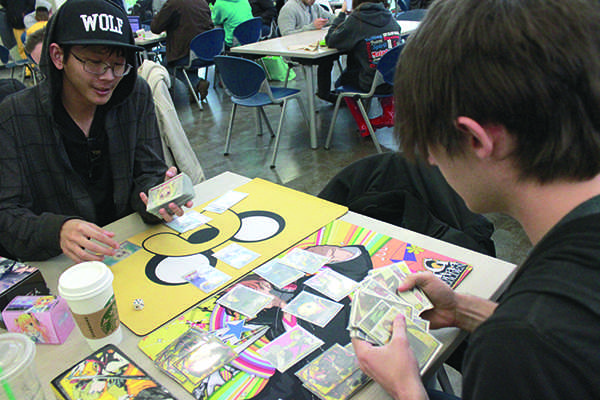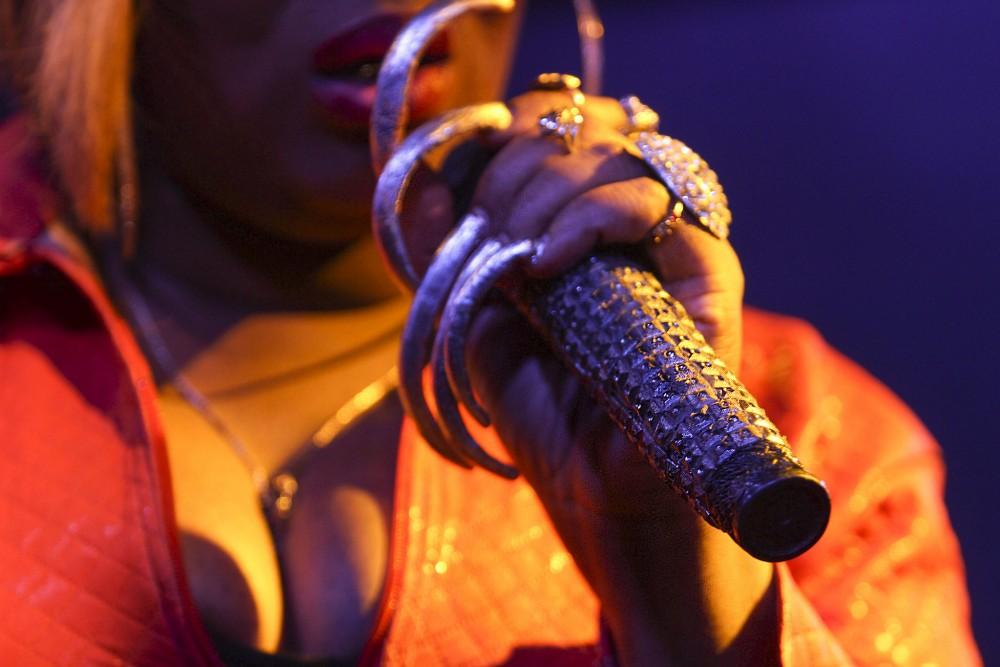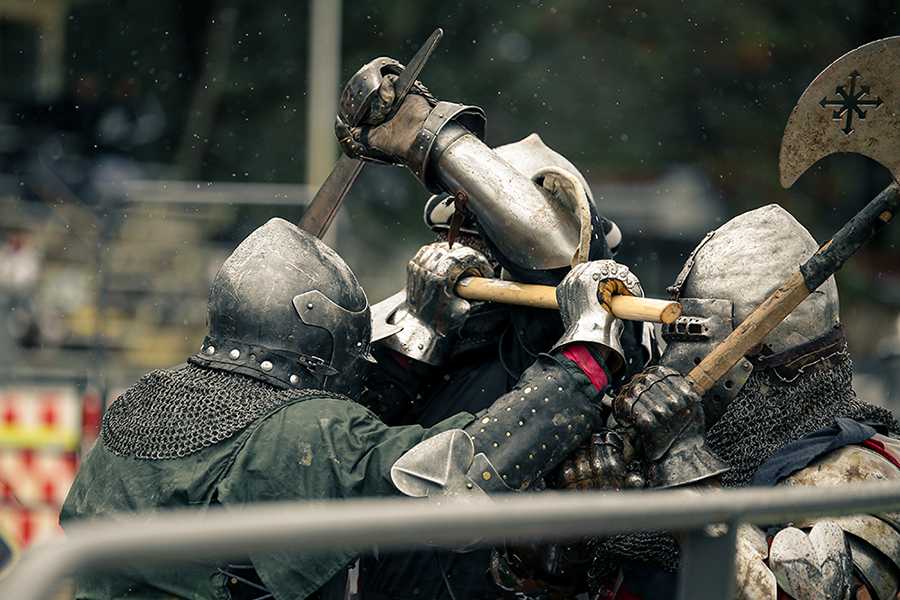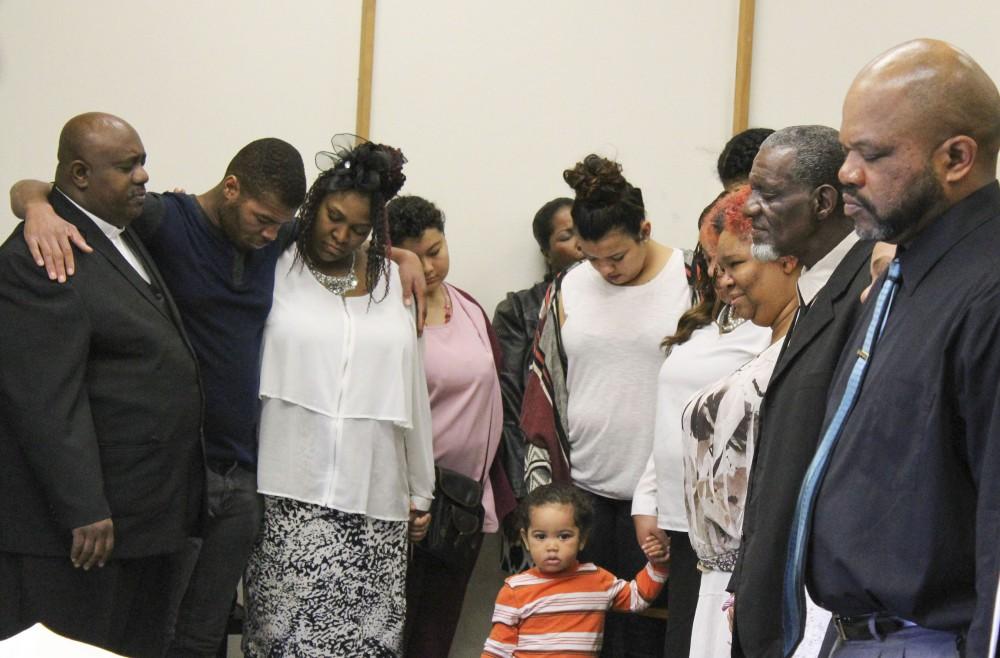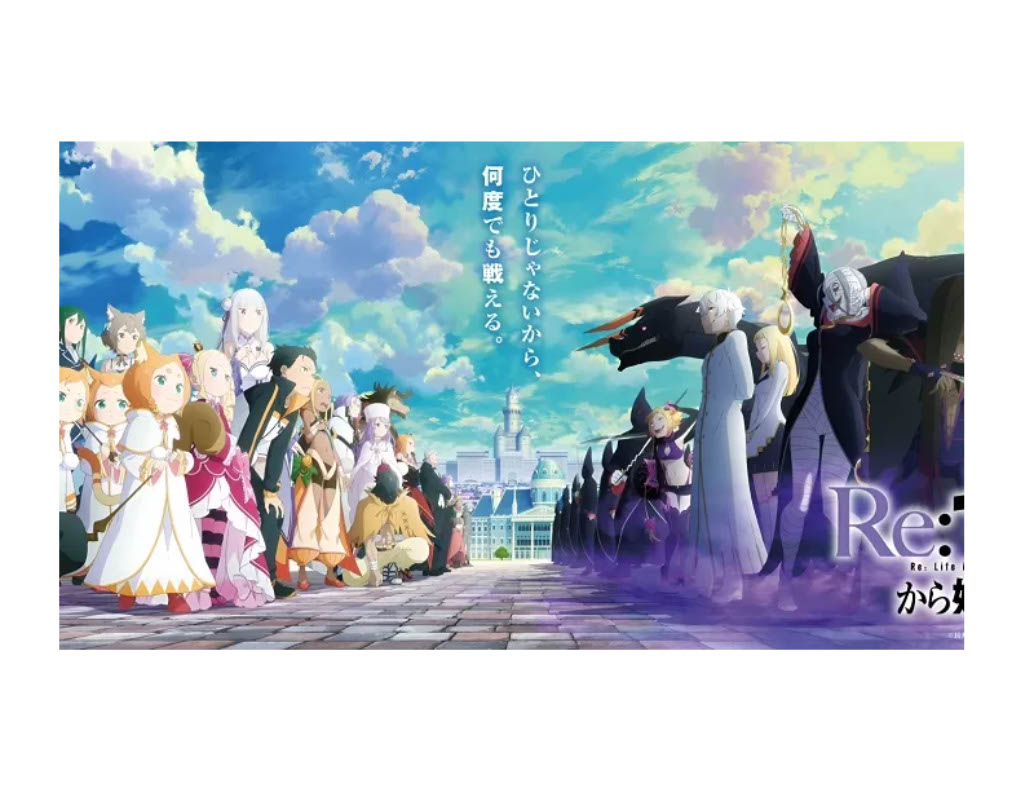A dozen or so people are gathered in a room watching a livestream. Something big happens on screen, and everyone shouts with either excitement or despair.
This is the type of reaction you see at a sports bar when a home run or a goal is scored. However, at this venue everyone is watching competitive multiplayer gaming, also known as eSports.
Riot’s “League of Legends” is the most widely broadcast game, with 27 million players daily and an average of 80,000 viewers on Twitch.tv, the most prominent video game streaming site.
“League of Legend’s” popularity is, in its simplicity, being a subgenre of the real time strategy (RTS) game format known as multiplayer online battle arena (MOBA). Matches are played five on five with simple objectives, and, on average, last 30 minutes.
“League of Legends” makes a more entertaining game to watch competitively than other popular RTS games like Blizzard Entertainment’s “Starcraft.”
“Starcraft” matches can be slow, and some don’t get exciting until a turning point, while League matches are full of constant exchanges between players.
Tournaments from all over the world are broadcasted to computers everywhere, and much like gathering to watch football or baseball, gamers will gather to watch the League Championship Series (LCS), the North American Challenge League (NACL) and many other professional tournament series’.
American River College student and world class “World of Warcraft” player, Patric Garcia, watches eSports streams multiple times per week. In competition, he has also played “Pokemon” and “Super Smash Brothers.”
The recreational playing of eSports is only one small facet of a phenomenon some call gaming culture.
Twenty years ago, the term “gaming” would refer to gambling and other casino activities, or, in some circumstances, hunting. Now, gaming refers to a culture emerging on the global stage.
Gamer culture has evolved as a facet of geek culture. The term geek is broad and can be applied to anyone who enjoys an activity obsessively, whether it is politics or fashion.
The gamer sub culture is composed of people who obsessively enjoy playing and mastering video games. Many of them also get really into anime, card games, table top games, movies and television shows.
When it comes to popular card games like “Yu-Gi-Oh!” and “Pokemon,” some criticism might be made about these games being based on cartoons for children.
Sacramento City College English major Wilson Leung explained that in Japan, “most anime are put out as evening shows, airing at 6 p.m. and some of the raunchier come out at 1 or 2 a.m.”
When anime shows do come to North America and are marketed as kid’s shows, “there’s heavy censorship and they change all the cultural things.”
This is called localization and can be anything from translated slang to differences in cuisine (replacing rice balls with sandwiches or donuts).
Sigurd Raudes, a biology major at Sacramento State, is very active in card games, including games like “Pokemon” and “Yu-Gi-Oh!” which are both based off localized anime.
“I was 13 or so when those games were coming out and now I’m 25 and playing card games as a hobby,” said Raudes. “I mean everyone has a hobby, some people dance and some people play card games.”
In fact many card games played at tournament level are played by adults, like “Magic: The Gathering” and “Weiss Schwarz.”
Abdul Majid, the owner of comic shop Mage’s Realm estimates roughly 70 percent of players in his store are adults, while Adventures in Comics and Games in Carmichael and Metropolis Comix in Elk Grove both have an average of 75 percent adult tournament players.
At A-1 Comics in Sacramento the range is the same. These numbers are skewed per card game however, “Weiss Schwarz” and “Magic: The Gathering” players tend to be adults, whereas “Yu-Gi-Oh!” and “Pokemon” players can have a ratio of 50 to 75 percent adult players.
According to these local shops the oldest players come in for “Magic: The Gathering,” (age 16-60) while the youngest come in for “Pokemon” (age 8-25).
Majid also expressed that the gaming community at large is very open and friendly. Newcomers could walk into the shop and would be welcomed easily, and experienced players will often invite new players to events.
To read our sidebar: Twitch plays “Pokemon” click here.


